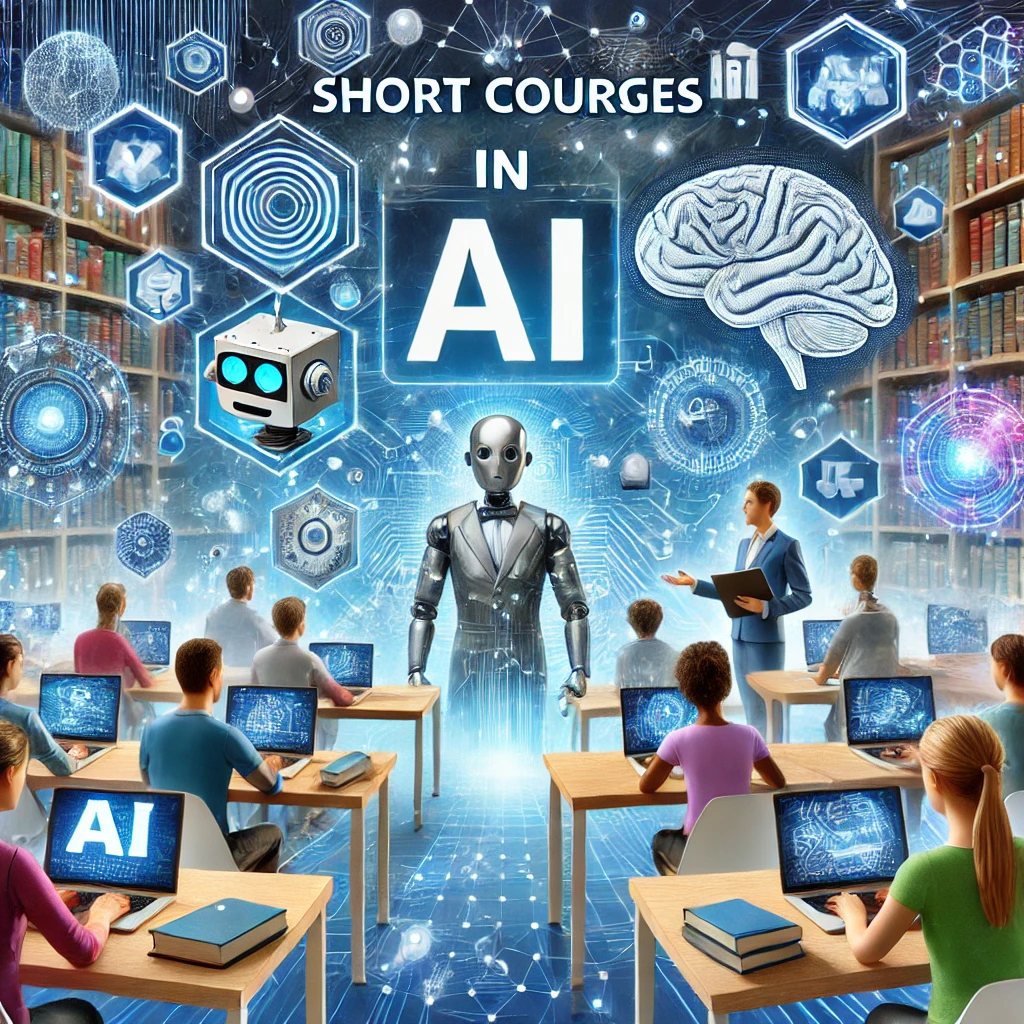Artificial Intelligence (AI) is transforming many areas of our lives. From healthcare to entertainment, AI is changing the way we work and live. One of the most exciting questions is: Can AI be our great teacher? The answer is not simple, but let’s explore how AI is being used in education and what it could mean for the future.
What Makes a Great Teacher?
Before we dive into AI, let’s think about what makes a great teacher. A great teacher understands the needs of their students. They are patient, knowledgeable, and know how to explain things in a way that is easy to understand. Great teachers also adapt their teaching methods to suit different learning styles.
Can AI do this? While it may not replace human teachers, AI has some tools that make it a great learning companion.
How AI is Changing Education
AI is already making a big impact in education. Here are a few ways AI is being used as a teaching tool:
1. Personalized Learning
AI can tailor lessons to meet the needs of each student. For example, if a student struggles with math, AI programs can adjust the difficulty level or provide extra practice. Tools like Duolingo and Khan Academy use AI to customize learning paths for users.
2. Instant Feedback
In traditional classrooms, students often wait days or weeks to get feedback on their work. AI-powered systems can grade essays, quizzes, and assignments in real time. This helps students learn from their mistakes faster.
3. 24/7 Availability
AI tools don’t need breaks. They are available anytime, which is helpful for students who need extra support outside of class. Apps like ChatGPT can answer questions, explain concepts, or even help with homework at any time of the day.
4. Interactive Learning
AI-powered tools use gamification and interactive content to make learning more engaging. For example, VR (Virtual Reality) tools powered by AI can create immersive experiences for subjects like history or science.
The Benefits of AI in Education
AI brings many benefits to education:
- Accessibility: AI tools can help students with disabilities by providing speech-to-text, translation, or other supportive technologies.
- Scalability: AI can reach millions of learners at once, making education more accessible globally.
- Cost-Effective: AI tools are often cheaper than private tutors or extra classes.
The Limitations of AI as a Teacher
Despite its advantages, AI is not perfect. There are challenges to consider:
1. Lack of Human Connection
Learning is not just about facts and skills. Great teachers inspire, motivate, and form personal connections with students. AI cannot replace the emotional support and empathy that human teachers provide.
2. Bias in AI
AI systems are trained on data, and if that data is biased, the AI can be biased too. This could lead to unfair treatment of students from different backgrounds.
3. Limited Creativity
AI can analyze data and provide answers, but it lacks the creativity to think outside the box or encourage students to explore new ideas.
4. Dependence on Technology
Relying too much on AI could lead to a lack of critical thinking skills. Students might become too dependent on AI for answers.
AI and Human Teachers Working Together
The best way forward might be a partnership between AI and human teachers. AI can handle repetitive tasks like grading and data analysis. This gives teachers more time to focus on personal interaction and creative teaching methods.
For example, teachers can use AI to identify which students need extra help and provide personalized attention. Meanwhile, students can use AI-powered tools to practice and improve their skills outside the classroom.
What the Future Holds
The role of AI in education is still evolving. It is unlikely to replace human teachers, but it can enhance the learning experience in many ways. As technology improves, AI could become an even more valuable teaching tool.
In the future, we might see AI systems that can understand emotions, adapt to different learning styles more effectively, and offer deeper insights into how students learn.
Conclusion
Can AI be our great teacher? The answer is both yes and no. AI has amazing potential to support and enhance learning, but it cannot replace the human touch that makes great teaching truly special. The best approach is to use AI as a tool alongside human teachers to create a better, more inclusive education system for all.
To read more on AI and AI Tools, visit www.trendingaitools.com
